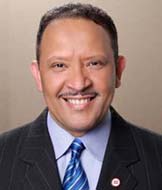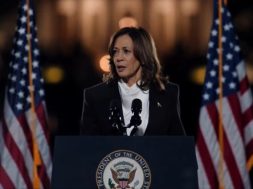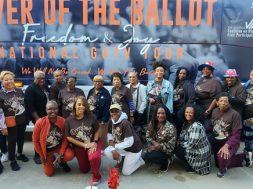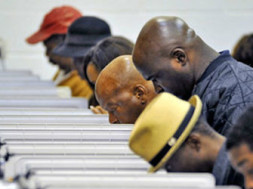
Mayor Bloomberg Joins Fight Against “Black Mancession”

The National Urban League (NUL), the Congressional Black Caucus and other progressive leaders have long understood that America’s future is inextricably linked to the fate of the millions of Black men in our cities who have historically languished at the bottom of the economic ladder in both good times and bad. In addition to being last in line for jobs, 50 percent of Black males don’t finish high school and Black men are six times more likely than white men to be incarcerated. Empowering Black males to reach their full potential is one of the most serious economic and civil rights challenges of our times.
In 2004 the National Urban League launched its Black Male Initiative to address the obstacles impeding the success of black men and boys – especially the poor and young who’ve fallen off the nation’s radar screen. From our Black Executive Exchange Program which exposes HBCU students to African American role models to our Urban Youth Empowerment Program which provides education, job training and mentoring assistance to prepare out-of-school and/or adjudicated young people for the world of work, the NUL has fought an often lonely battle to save the next generation.
Last week, New York Mayor Michael Bloomberg joined that effort in a big way – announcing one of the boldest and most comprehensive programs in the nation to address the huge economic disparities impeding the advancement of more than 300,000 of that city’s Black and Latino young men. The Young Men’s Initiative, a three-year, $127 million public-private partnership, which includes $30 million from the Mayor’s own charitable foundation, will make significant reforms to education, health, employment and justice system services to better prepare young African American and Latino men for jobs and keep them out of prison.
We applaud Mayor Bloomberg’s commitment and action. His Young Men’s Initiative, like the National Urban League’s 12-point Jobs Rebuild American plan and the Urban Jobs Bill championed by Senator Kirsten Gillibrand and Representative Edolphus Towns, recognizes that without a targeted, comprehensive effort to help those hardest hit by the economic downturn, the nation’s recovery will never be fully complete.







